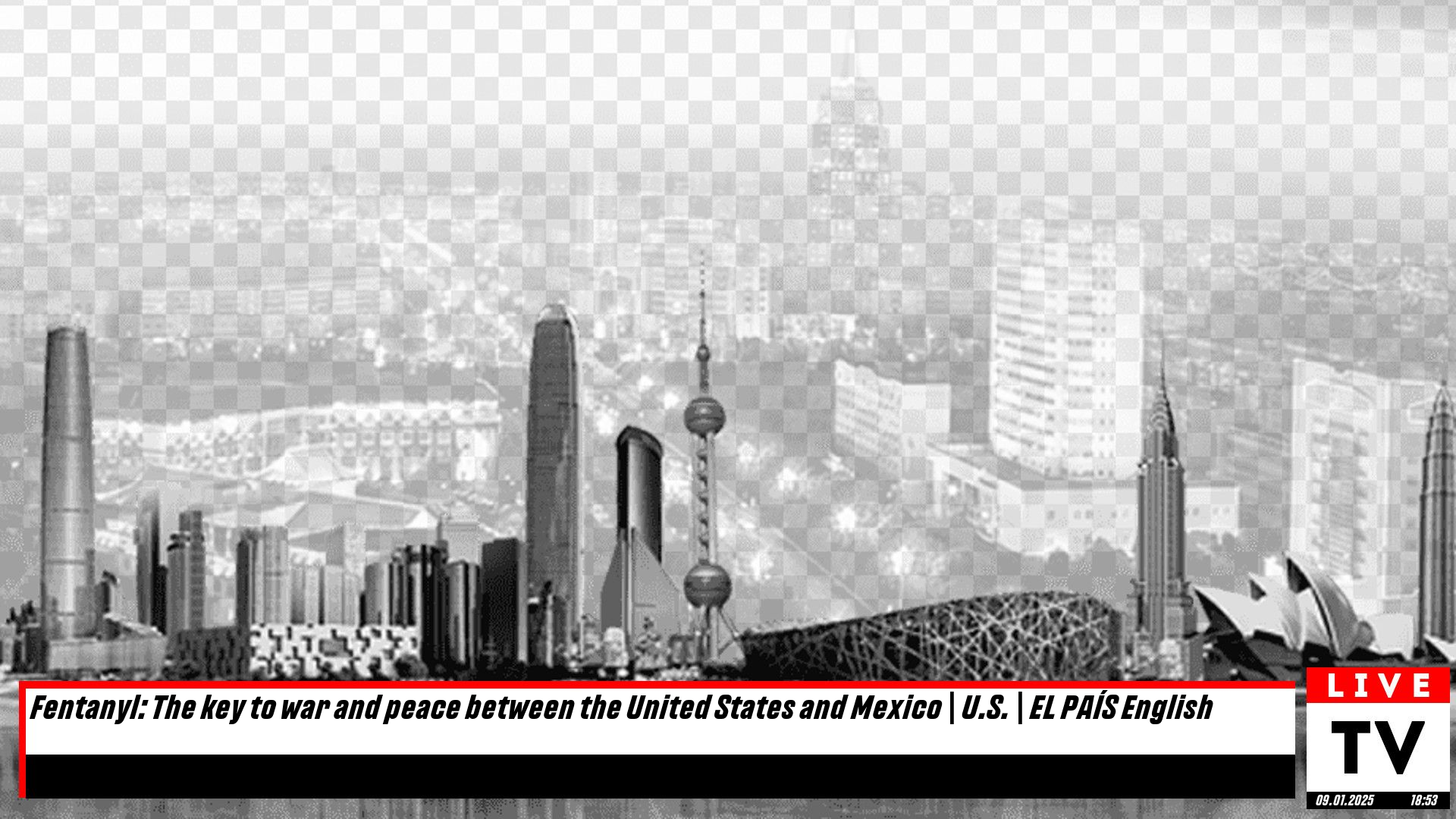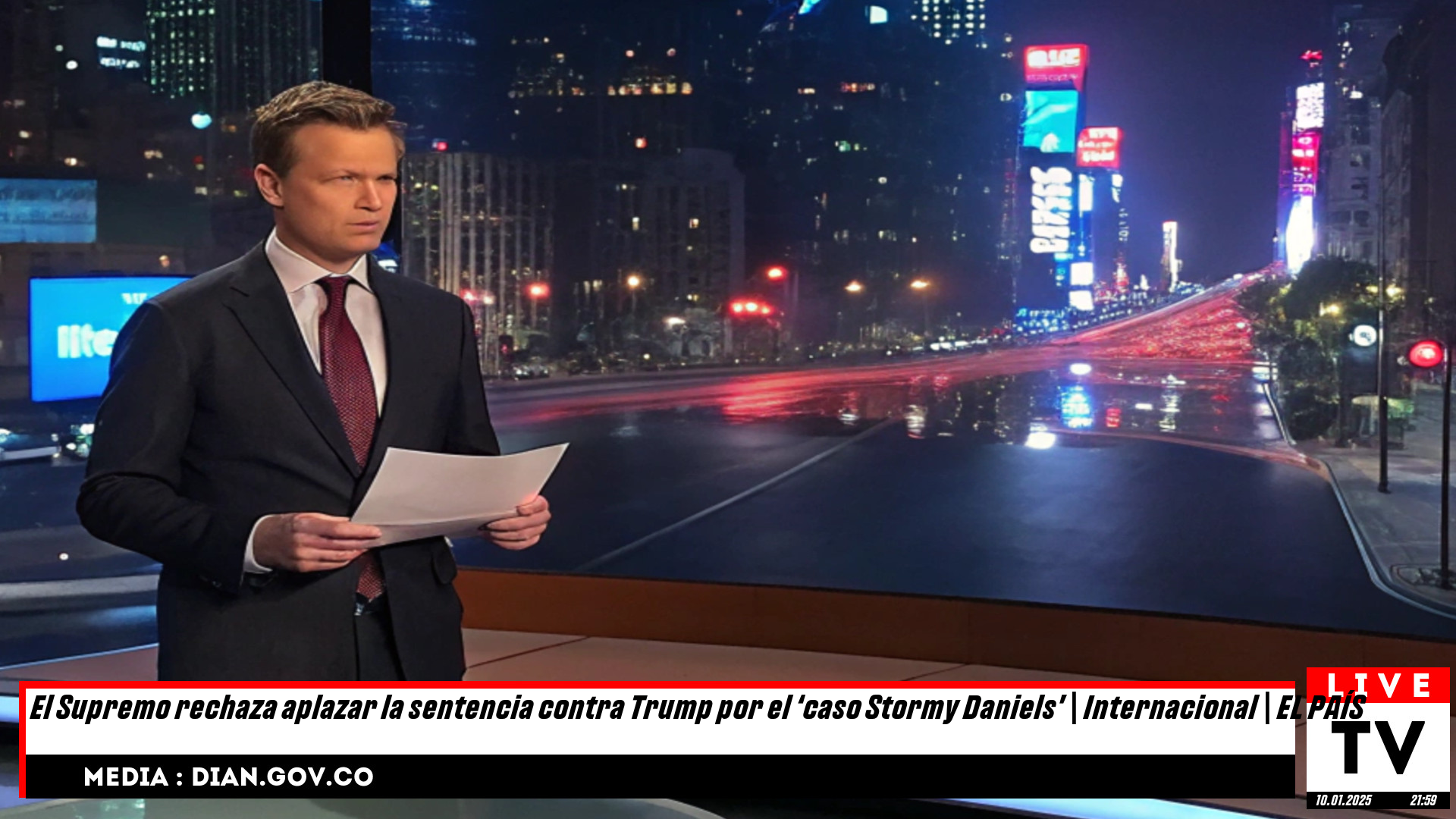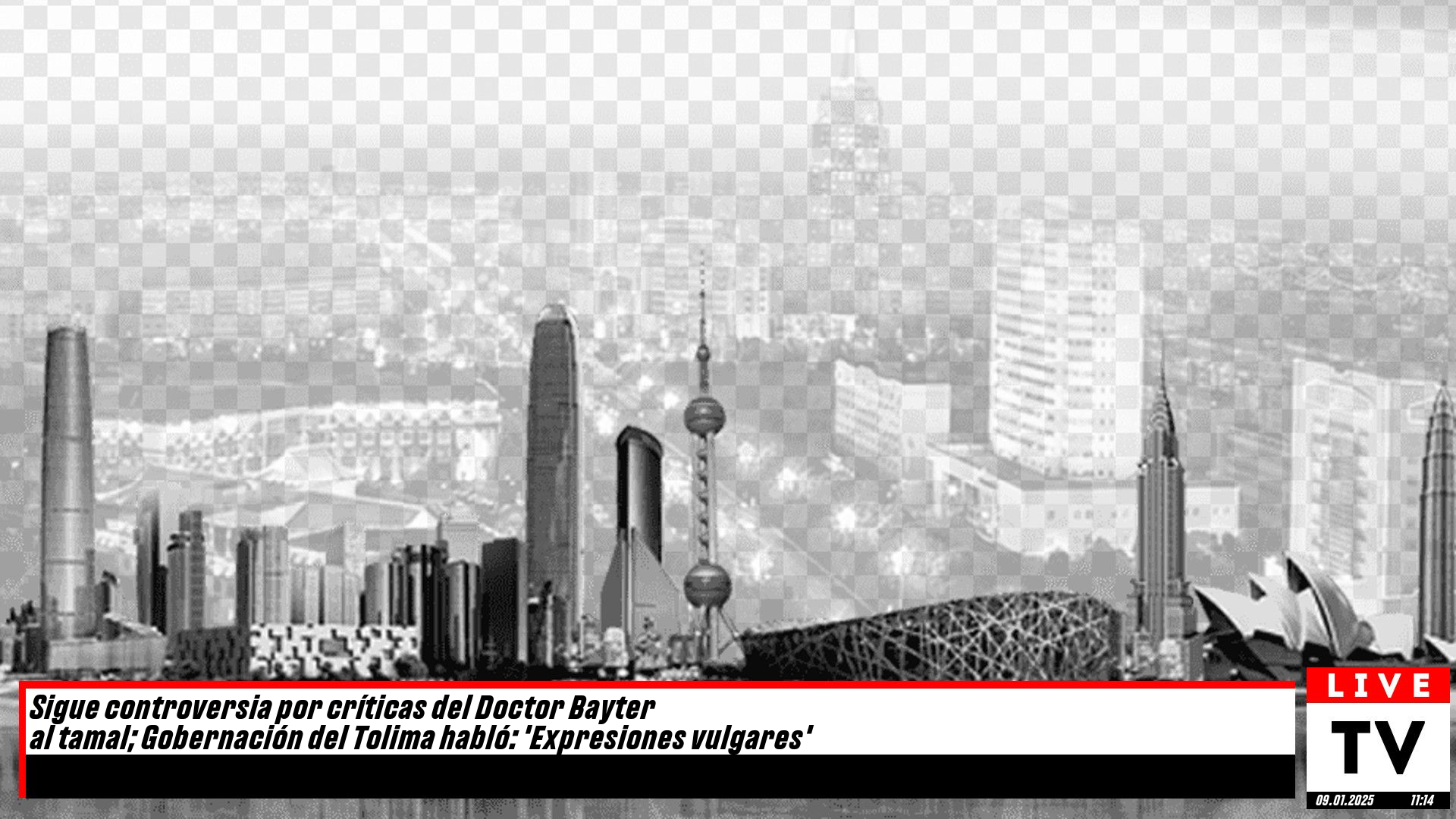"Fentanilo: El arma silenciosa que redefine la relación entre EE.UU. y México"

En tan solo unos años, el fentanilo ha pasado de ser un mero problema de salud pública a convertirse en una palabra que condiciona las complejas relaciones entre Estados Unidos y México. Mencionar "fentanilo" implica referirse al narcotráfico, la violencia y las muertes. En nombre del opioide, Ismael El Mayo Zambada, líder del cartel de Sinaloa, fue capturado en julio tras una controvertida operación de secuestro que culminó con su arresto en territorio estadounidense. A pesar de ello, ya se hablaba de que podría tratarse de una maniobra electoral: los republicanos clamaban contra los carteles mexicanos —es decir, contra el fentanilo que cobra la vida de alrededor de 100,000 personas en Estados Unidos cada año—, y los demócratas no podían ser ajenos a esa lógica. Meses después, con Donald Trump casi instalado en la Oficina Oval, el fentanilo continúa envenenando el debate entre ambas naciones.
This week, Mexican President Claudia Sheinbaum launched a drug use prevention campaign aimed at young people, and she also took the opportunity to assert that fentanyl is not a public health problem in Mexico, and that the drug is not being produced in the country. On the other side of the border, the opposite views are held, and explanations are being demanded. While waiting for Trump’s team to take over, U.S. ambassador Ken Salazar said goodbye to Mexico on Monday in a diplomatic manner, but without mincing his words: “There is fentanyl in Mexico and it is produced in Mexico, but that debate will not take us where we need to go,” he said. However, for a personality like Trump, the debate is as beneficial as the fight itself. And while he threatens to declare Mexican drug cartels terrorist organizations, Mexico is doubling down on its actions: in recent weeks, almost 7,000 people with ties to drug trafficking have been arrested, anti-drug raids have multiplied seizures, and recently half a million fentanyl pills were seized in Sinaloa alone. In the legal arena, preventive detention has been introduced for crimes related to fentanyl.
The gestures by Sheinbaum’s government are calculated to lessen the shock that everyone expects starting on January 20, when Trump is scheduled to take office as president. When that day comes, Mexico will have some figures and security projects to show its northern neighbor. Meanwhile, the Secretary of Security, Omar García Harfuch, is temporarily installed in Sinaloa, trying to put out a war between cartels that has already left more than 600 corpses in the northern state after the capture of El Mayo. In the peculiar war against drugs, it is often said that Mexico is the one that provides the dead, due to the violence that is being generated, with an average of 100 homicides a day. But fentanyl has also burst into that reality with several hundred fatalities a day among consumers. The crisis caused in the United States by the addictive substance is louder than all the cocaine of decades ago put together, and has become an unavoidable social problem for the political class. The health emergency has quickly become a foreign relations problem that, in the hands of the unpredictable Republican leader, is creating uncertainty in the Mexican government.

¡La Reina del Carnaval de la 44 lanza oficialmente su emocionante canción: una fusión vibrante de champeta y folclor!

"La inflación en Colombia desciende al 5,20% en 2024, aunque persisten pequeñas presiones en el costo de vida" | EL PAÍS América Colombia

El Supremo niega la facilidad de aplazamiento en la sentencia del 'caso Stormy Daniels' contra Trump

¡Alerta en Afinia! Crisis financiera por deudas del Gobierno Nacional pone en riesgo su operación.

"Sobrevive a ataque con machete en Cogua: 'Mi única preocupación eran mis hijos'"

Trágico accidente en Sucre: un hombre pierde la vida tras un camión aplastar un taxi

